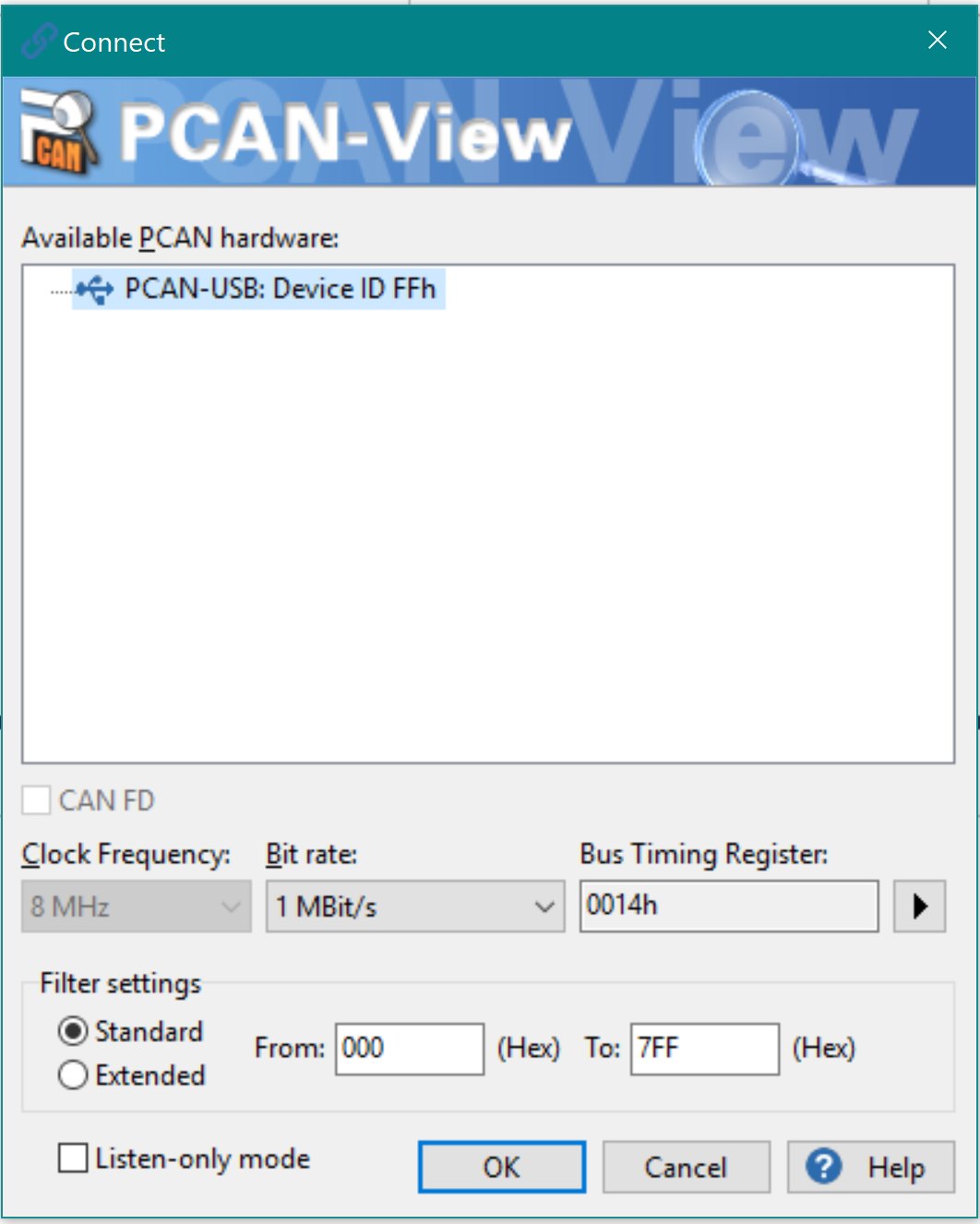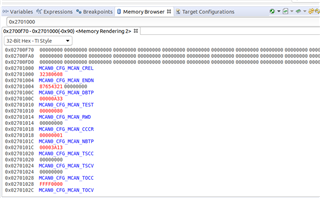Other Parts Discussed in Thread: TCAN1044-Q1
Hello,
We have Custom J7 board which has 2X TCAN1044-Q1 CAN transceiver and they are mapped to MCAN0 & MCAN6. I am using SDK 7.0, I did not find any Linux Driver for it. Could you please let me know following -
1) Is there a device driver available for TCAN1044-Q1 for Linux on A72 core? If yes could you please let me know where can I find it?
2) In order to verify our circuit/electrical connection. How can ping or reset this transceiver without device driver from A72 core/LInux?
3) For our use case pinmux tool generated following nodes for CAN0 & CAN6.
can6_faceplate_pins_default: can6_faceplate_pins_default {
pinctrl-single,pins = <
J721E_IOPAD(0x44, PIN_INPUT, 6) /* (AE24) PRG1_PRU0_GPO16.MCAN6_RX */
J721E_IOPAD(0x40, PIN_OUTPUT, 6) /* (AC24) PRG1_PRU0_GPO15.MCAN6_TX */
>;
};
can0_faceplate_pins_default: can0_faceplate_pins_default {
pinctrl-single,pins = <
J721E_IOPAD(0x208, PIN_INPUT, 0) /* (W5) MCAN0_RX */
J721E_IOPAD(0x20c, PIN_OUTPUT, 0) /* (W6) MCAN0_TX */
>;
};
Where should I map these nodes in LInux dts file? I did not find any mcan device node
Thanks,
Satish
Thank you,
Satish








